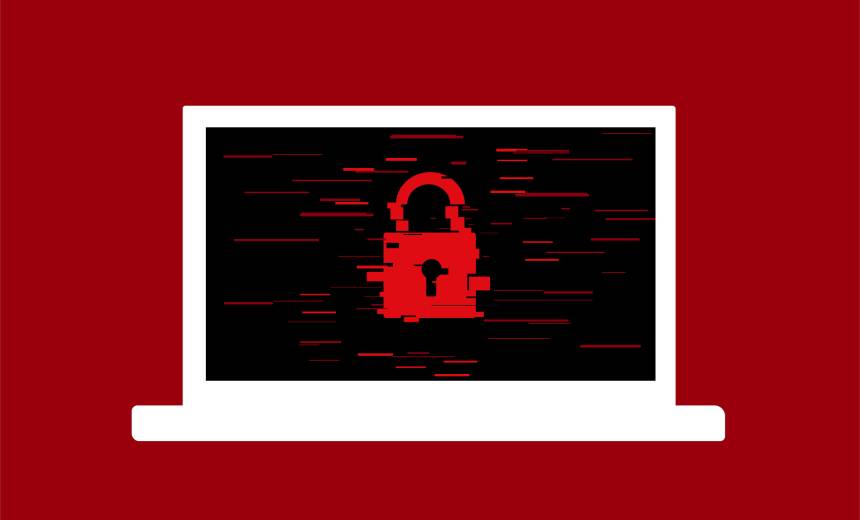Rocket Alert Apps Warn Israelis of Incoming Attacks While Gaza Is Left in the Dark
The app and sirens are a backstop to Israel’s extensive military defenses. The Iron Dome missile defense system effectively intercepts or destroys most airborne weapons headed to Israel. But some rockets have slipped through, causing injuries in recent days, and the government has encouraged people in Israel to download its app.
Across the border, Israel’s military has sometimes called people in Gaza to warn of its own attacks. But power and communications networks there have been unreliable since Israel’s recent assault began, and on Friday internet access appeared to be cut off entirely. The Home Front Command app doesn’t provide alerts for the disputed Hamas-controlled territory, as it is out of Israel’s jurisdiction, Zamir says.
Palestinian activists and tech entrepreneurs say no one appears to be trying to provide civilians of Gaza with an equivalent early warning system. Hamas did not respond to requests for comment.
If power and communications were intact, a warning app could technically operate in Gaza, perhaps in a similar way to a system that Western governments fund in Syria. Vetted users and social media scanning tools feed the app with observations about drones, missiles, and other military movement. Machine learning and other data analysis techniques determine which areas of Syria need warning. Alerts then ring through public sirens and messaging apps.
But it’s unclear who would be willing to stand up a system like that in Gaza, or how it could keep functioning as Israel’s assault continues. Communications networks have faltered over the past three weeks of Israeli air strikes, which have damaged key infrastructure. On Friday the last internet provider whose service was operating in Gaza, Paltel, and UK internet monitoring company NetBlocks reported that Gaza was wholly offline. Power generators are reaching their limits, according to the UN agency advocating for Palestinians, after Israel cut off electricity and fresh fuel.
“Tech solutions are invalid,” says Mohammad Alnobani, a Palestinian who is CEO of Arab-focused stock photography service Middle Frame, speaking ahead of Friday’s communications collapse in Gaza. He says trying to maintain contact…



